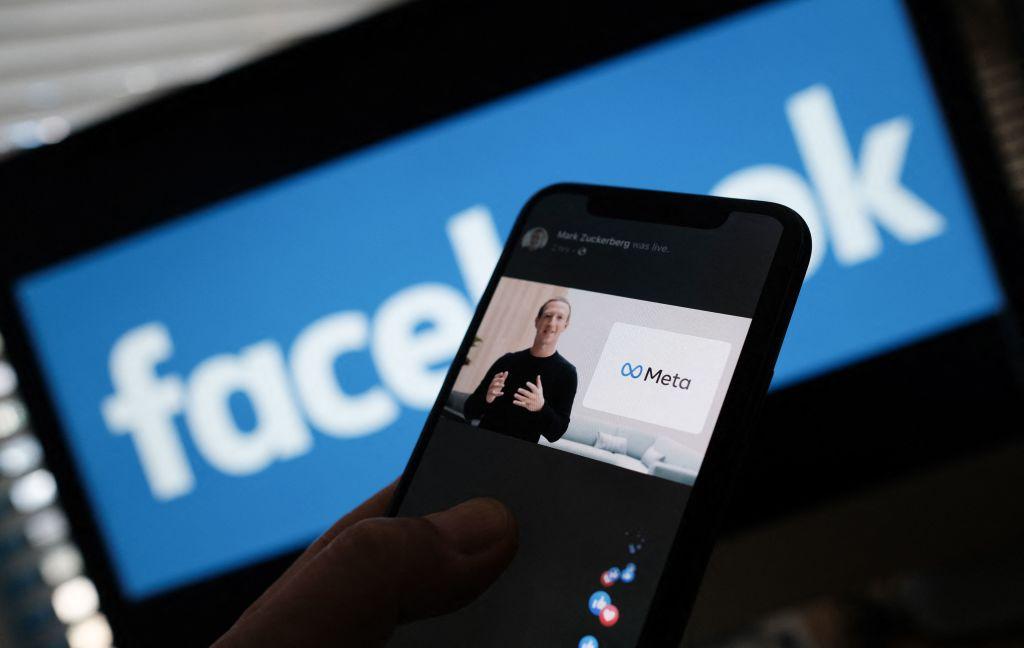Mark Zuckerberg’s Metaverse is a huge gamble on the part of the tech giant to recapture declining user numbers, according to Prof. Barney Tan at the University of New South Wales.
Tan, also head of the School of Information Systems and Technology Management, said what Zuckerberg’s company Meta is proposing is to develop a virtual world of “unprecedented sophistication and scale” that will attempt to mesh virtual and physical realities together.





